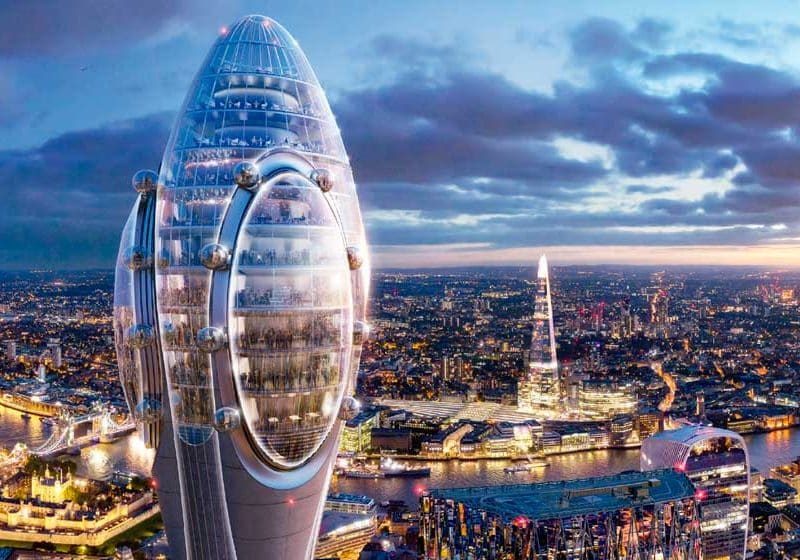In this Readers Platform, your authors explain why this sometimes thankless job is so important.
By Ray Downs and Robert Pitney
Did you ever wonder what it takes to be a safety manager in today’s elevator industry? Well, we can tell you it’s a position that frequently doesn’t get the level of respect it deserves. At times, it is put to the side until something unfortunate happens. We would like to introduce you to our industry’s safety managers.
Just like everyone else, they get up early and head to work. They arrive at their jobsite for the day. It could be a trailer, a shanty in a field or an office. Their day could start by conducting a training class for field employees in the office, performing a walk-through safety inspection in the field or preparing a site-specific safety plan that needs to be submitted with the next bid proposal. They could also be responsible for attending the general contractor’s weekly site safety meeting among all trades.
We all know it’s often a struggle to get to safety-training classes on time, let alone stay focused for their duration. Not to worry; you signed the attendance sheet and will receive credit for attending. How about your cellphones and text messages? Are they more important than paying attention to the meeting’s topics that can save your life? Still, your safety manager keeps the class moving along.
When your safety manager arrives on a jobsite and starts his or her daily walk-through, it seems everyone knows the safety person is there. Field workers put on their safety glasses and hard hats so they don’t get in trouble, right?
When the safety manager observes an unsafe condition or an unsafe act, they will take the time to stop the job and talk to the employee(s) to see if there is a safer way to perform the task. He or she may start out by asking, “How is your family?” because you come to work to support that family. In these moments, your safety manager may ask this simple question: “Why weren’t you following company or industry safe work practices?” Better still: “Why didn’t the team pre-plan the job safely (think job-hazard analysis) before attempting to perform that task?”
How about when the safety manager walks a building on a maintenance or service contract and observes unsafe conditions? They don’t turn their heads like many may, managers included. No — they take a photo with their phone, prepare a corrective action plan and forward it to the building representative for review and implementation.
Safety managers do not run into burning buildings or get shot at, but they do understand that training, education and enforcement of safe work practices help save lives. We all know the elevator industry is a dangerous trade. We have to work at great heights and in blind hoistways. We sometimes need to troubleshoot with the power on. We get on top of cars or go into pits to make sure roller guides or compensation sheaves are working properly. And we climb ladders to reach the counterweight frame during a 2:1 reroping task. These are just a few of the activities we all recognize as highly dangerous aspects of our trade.
Your safety manager investigates accidents when they take place. They work with others to determine the root cause so your company can take the necessary preventive measures to reduce the potential for reoccurrence. They also complete workers’ compensation paperwork so you and your family can receive these benefits, sometimes crucial to staying financially viable while out of work.
This is all part of being a safety professional. To those safety managers making sure your fellow employees are educated and trained, and receive the necessary personal protective equipment to do their jobs without fear of being injured, we would like to say, “Thank you.”
We would also like thank all those in the field who follow safe work practices and the nine safety absolutes. And, to our senior elevator mechanics who mentor apprentices (the future of our industry), who guide and teach them how to perform their jobs safely, thank you, too.
So, when your job is behind schedule, money is flying out the door, and the safety guy arrives and has to stop your job because he observes something unsafe, that’s when you should appreciate your safety manager. By stopping the job, that safety professional could be saving your life or the life of a colleague.
Being in the safety profession for more than 30 years, we know firsthand it can be a thankless job, but it is one we would never trade. In closing, please remember your safety manager is on your side when he comes to your jobsite for one reason: to make sure everyone is working safely and gets to go home to their family safely.
A tip of our safety hardhats to all those in the elevator safety profession for a job well done. You do make a difference!
Get more of Elevator World. Sign up for our free e-newsletter.







